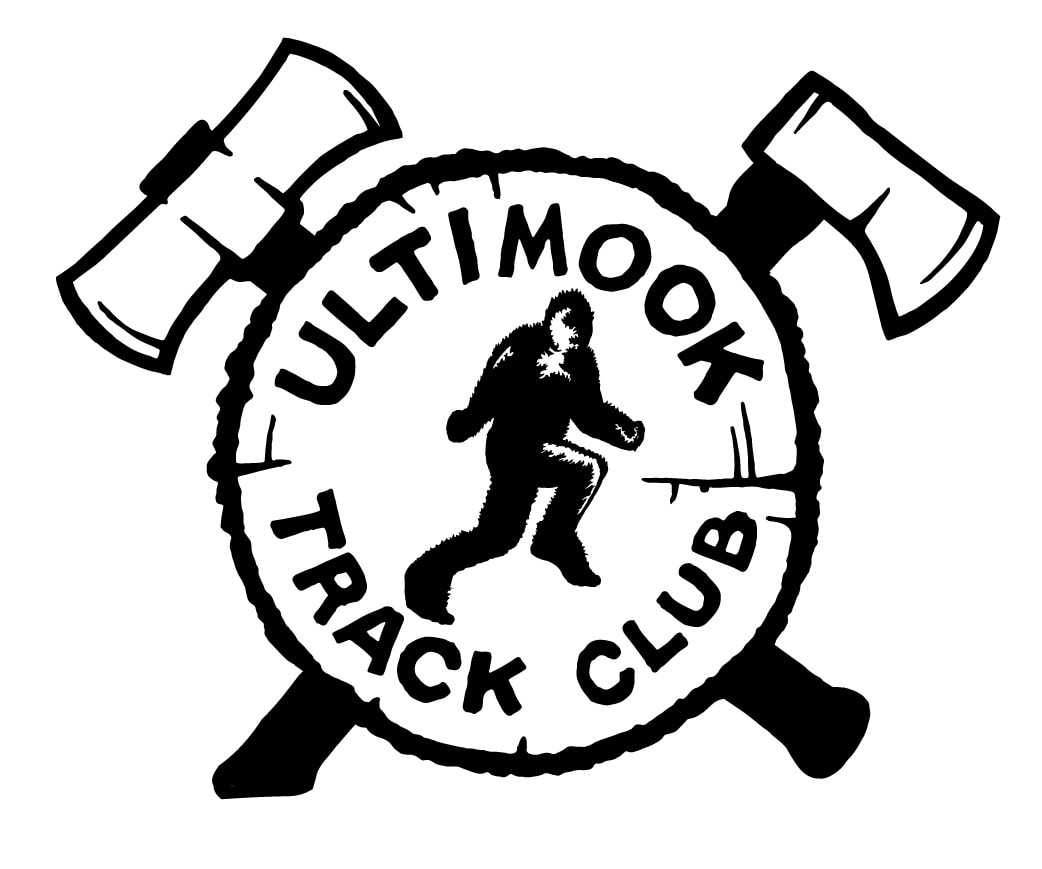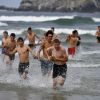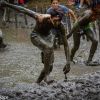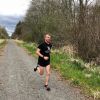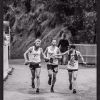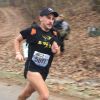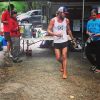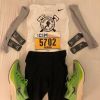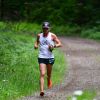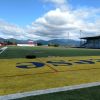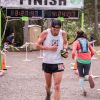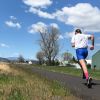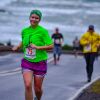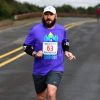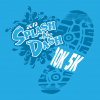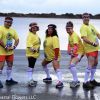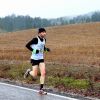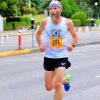We always take time off after a race, especially a race that was important, and required a long build-up. The reasons for emphasizing recovery are infinite, but here are a few key reasons.
-
Physically recover: this is much more than just getting to the point where one feels good. It’s pretty easy and likely that there will be some underlying concerns, even if one feels “okay”.
-
Mentally & Emotionally recover: this is really just as important as the need for physical rest. It takes a lot mentally and emotionally when investing into a long training blog, that leads up to a long race. US 50 mile champs was a race that they had been thinking about for months. Just like you need to recycle physically, you need to do the same mentally. I want my athletes excited to train, eager to start back up, and that rarely is the case within the first week back of a race. You want athletes to be hungry, and it’s hard to be hungry when they just ate for 50 miles.
-
Longevity: I’m not in this business of squeezing people. There will probably be a time when I will have some older athletes, who are in the last few years of their running, and it will be time to try and get everything out of them, but that isn’t the case here. As good as these athletes want to be, they are young, and they also want to be in this sport for a very long time. Generally our trail athletes don’t race that often, and there could probably be a whole chapter as to why that is, but the main reason is that you can’t race frequently and recover frequently. I see a trail race similar to an MMA fight. You get scheduled to fight, you put in a big dose of training, then you have to recover. The main difference between an MMA fight and a trail race, is that there is no chance of a quick ending. You can’t submit or TKO is course. Whether you are last, or you win the race, you are going to get “hit”.
-
We want the race to count towards training. Just like the workouts and long runs we do, we must then go and recover from them to get the benefit. In order to reap the benefits of them having just gone and run a quality 50 miles, we need to let that run soak in, and truly recover from the race, not to just stay/get healthy, but to take advantage in a competitive sense.
US 50 mile champs was March 14th. Below is how each athlete took time to recover.
Asher Catterall (5th at US champs) felt physically fine about 24 hours after the race. Asher took two weeks of easy running, then that third week, Asher was already back to a 78 mile week, which included an easy workout of hill repetitions. Asher is currently hoping to be racing at the Big Horn 100 mile.
Aubree Reichel (7th at US champs) took one week entirely off, then another week of easy running, before getting back into a more structured week.
Sam Collins (11th at US Champs) started running that first week back, but realized that there were some underlying issues still from the race. He had felt fine originally, but after trying to run again, he realized that he needed more recovery. With no races occurring soon, Sam is using this time to take a FULL period of recovery.
Russell Brown (14th at US Champs) took exactly a week off, before texting me and asking if he could run that next Sunday. I took that as a good sign, and off Russell went. Russell’s second week of running was a week of easy shakeouts, before that third week, where he went back to a week with more normality.
The key more than anything is to simply recover. It’s a weird time right now with COVID-19 having shut racing down, so there truly isn’t a need to rush training, but it shouldn’t take a pandemic to force recovery. Whether recovery is a week off, two weeks off, a month off, I don’t think you can have any realistic expectation of how long recovery is going to take from a long race. Like training needing to follow the athlete, so does the recovery.
Coach Drew
